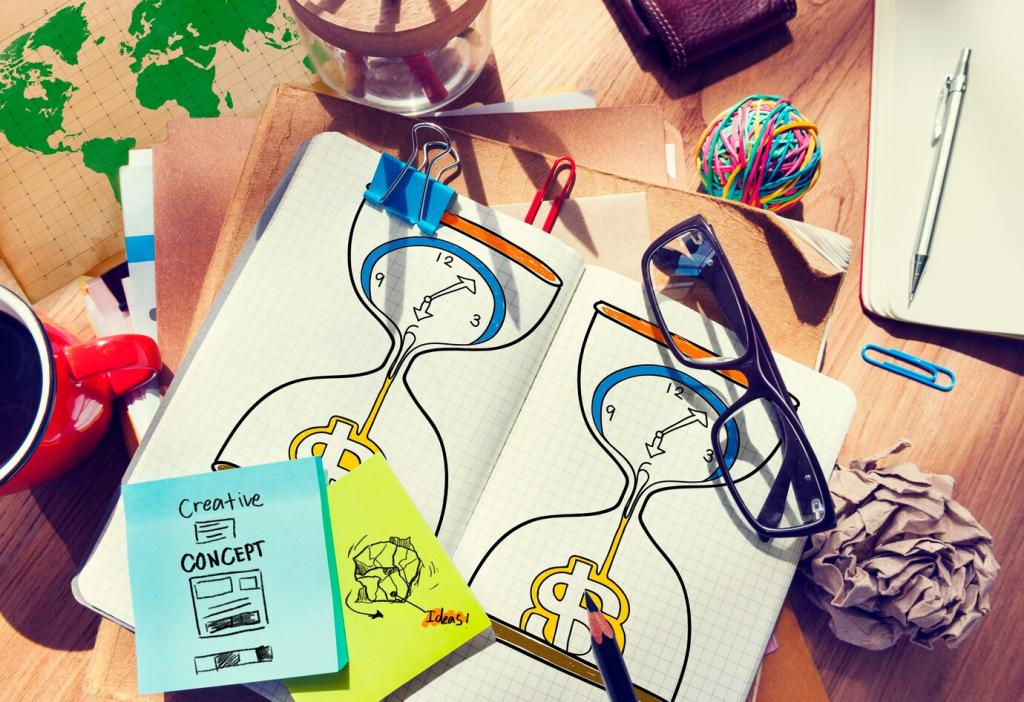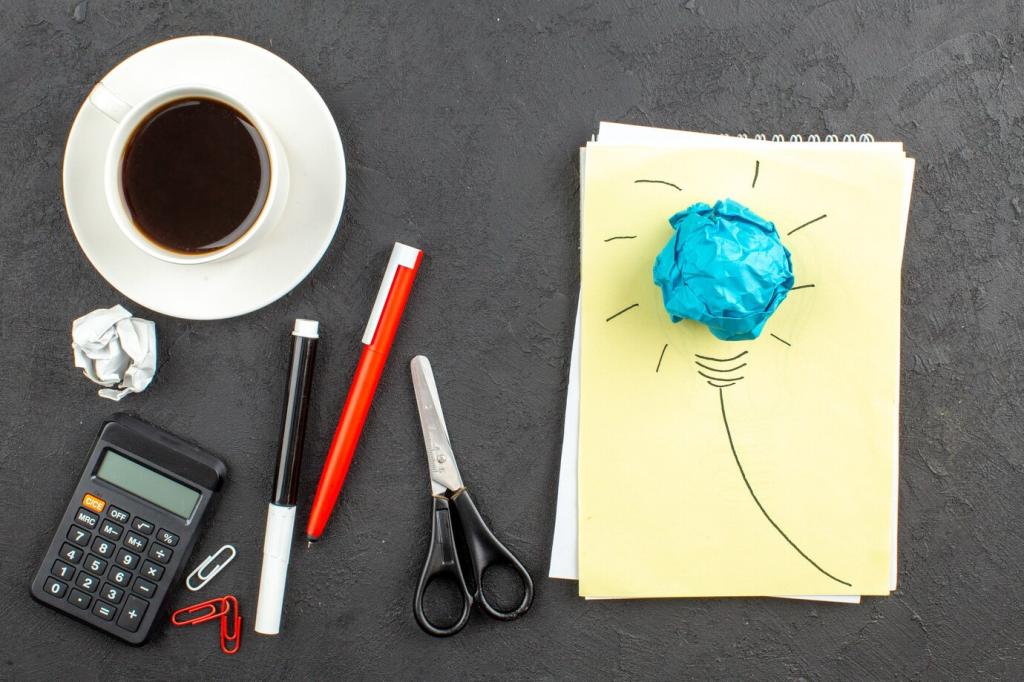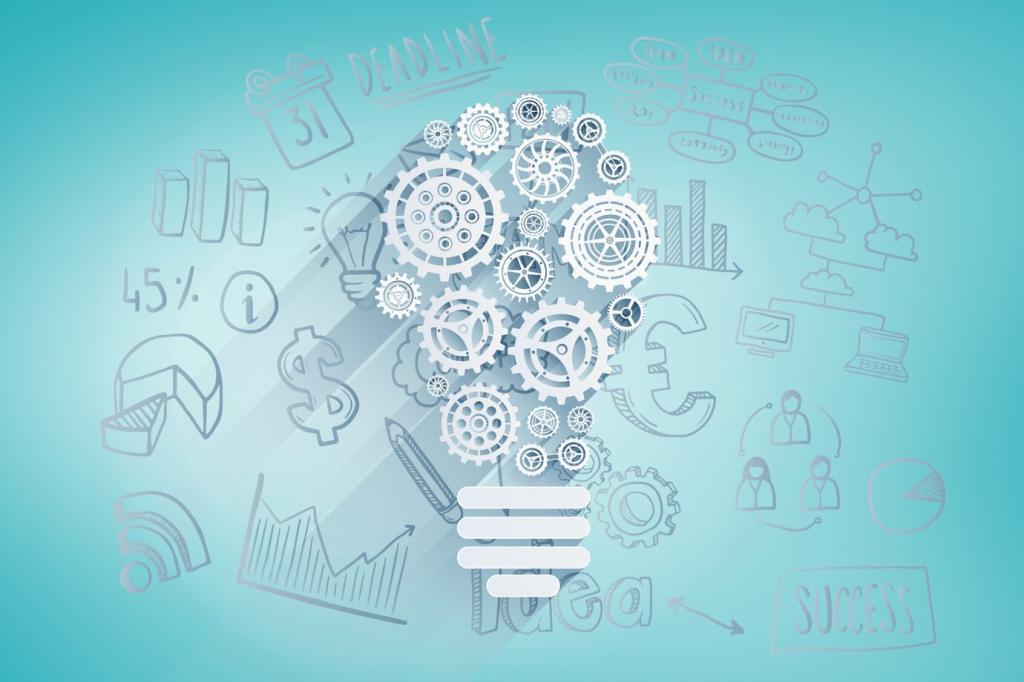
Eco-Friendly Innovations in Garden Tools
Discover how the latest advancements in garden tools are changing the landscape of home gardening. This web page explores how eco-friendly solutions are replacing traditional gardening equipment, what benefits these innovations offer, and how gardeners are making environmentally conscious choices every day. Whether you tend a small backyard or manage a community plot, embracing green technology helps cultivate healthier ecosystems and a more sustainable future.
Bamboo Handles and Bioplastics
Replacing conventional plastics and hardwoods, bamboo handles and bioplastics have gained popularity in modern garden tools. Bamboo grows rapidly and requires minimal resources, making it an ideal renewable resource for tool handles. Bioplastics, derived from plant-based sources such as corn or sugarcane, break down faster than petroleum-based plastics, reducing landfill accumulation. The use of these materials not only supports environmental stewardship but also provides durable, ergonomic tools that withstand the rigors of gardening. As more consumers demand eco-conscious products, manufacturers are accelerating their adoption of these alternatives, setting new industry standards.
Recycled Metal Construction
Tools forged from recycled metals offer a compelling solution to the waste caused by traditional metal extraction and processing. By sourcing metals from discarded appliances, vehicles, and industrial waste, manufacturers are able to produce shovels, rakes, and trowels that are as strong and long-lasting as their conventional counterparts. This process significantly reduces energy consumption and greenhouse gas emissions, promoting a circular economy. Gardeners also benefit from the peace of mind that their tools support environmental responsibility, all while enjoying the reliable performance and longevity expected from quality gardening implements.

Drip Irrigation Systems
Drip irrigation systems have been refined to become the standard for water-wise gardening. These systems deliver water directly to plant roots through a network of tubes and emitters, ensuring each plant receives the exact amount needed. Unlike traditional sprinklers that often result in runoff and evaporation, drip irrigation conserves water and reduces weed growth by targeting precise areas. Modern systems are customizable, easily fitting gardens of all sizes. The combination of water savings and improved plant health makes these systems indispensable for eco-conscious gardeners looking to make every drop count.

Rainwater Harvesting Integration
Harvesting rainwater has long been an effective strategy for minimizing reliance on municipal supplies. Today’s garden tools make integrating stored rainwater into irrigation and maintenance routines easier than ever. Connectors and distribution systems allow hoses and watering cans to draw straight from rain barrels, while advanced filters ensure the water is free from debris. Harnessing rainwater not only alleviates demand on public systems but also reduces stormwater runoff and erosion. As climate patterns shift, these innovations empower gardeners to shore up their water independence while supporting the health of local watersheds.

Soil Moisture Monitoring Tools
Efficient gardening now leverages technology to monitor soil moisture levels, providing data-driven insights that improve watering accuracy. Handheld probes and wireless sensors can be placed throughout the garden, measuring the water content and relaying real-time feedback. With this information, gardeners avoid both overwatering and underwatering, optimizing plant growth and conserving resources. These tools help eliminate the guesswork associated with irrigation and are especially valuable in areas prone to drought. By ensuring that each plant gets the water it requires, soil moisture monitoring tools foster resilient gardens—and a healthier planet.
